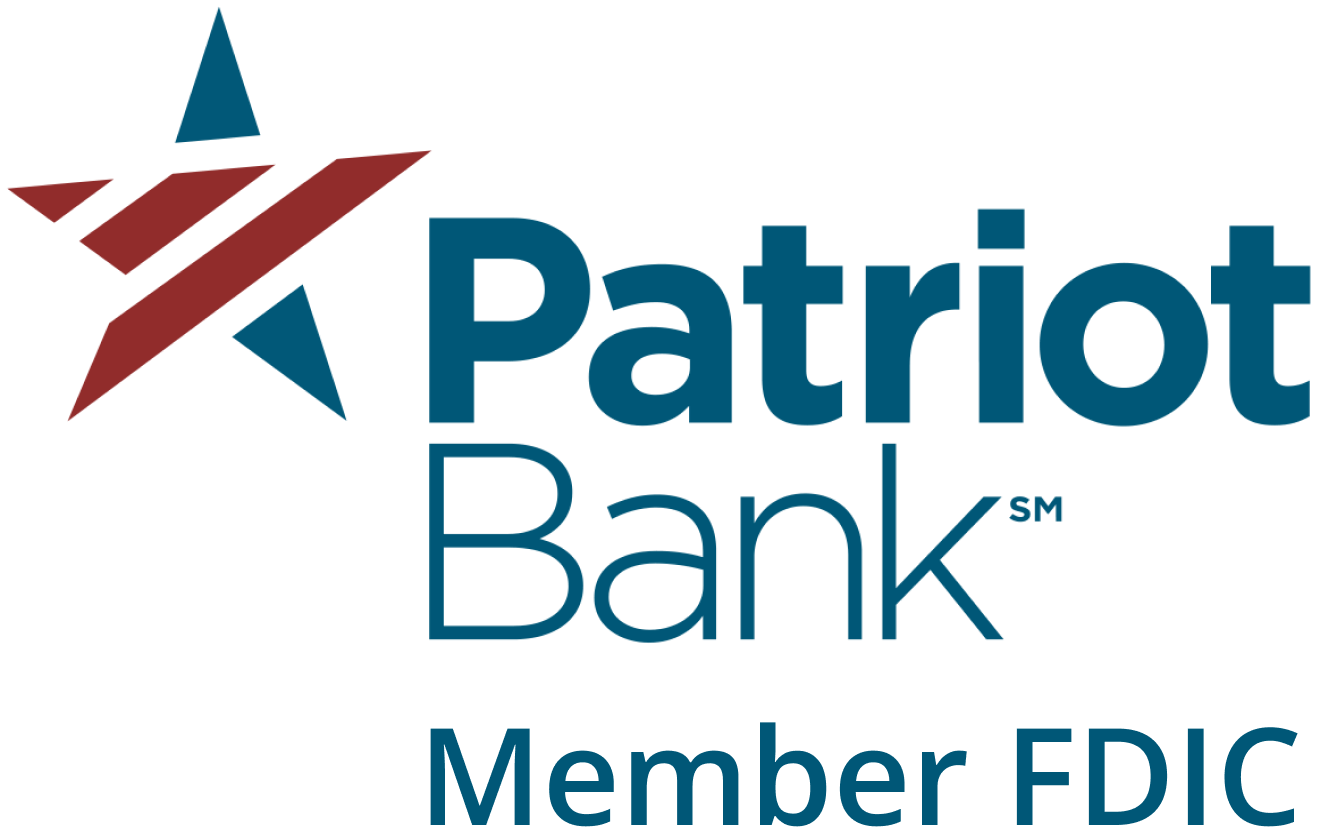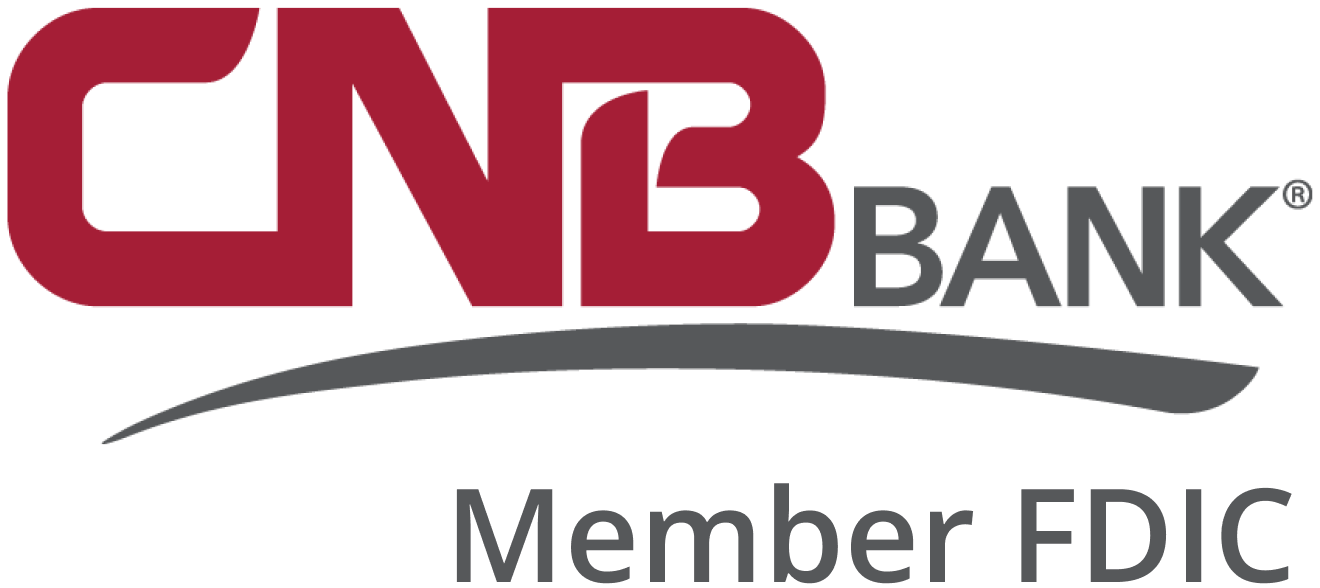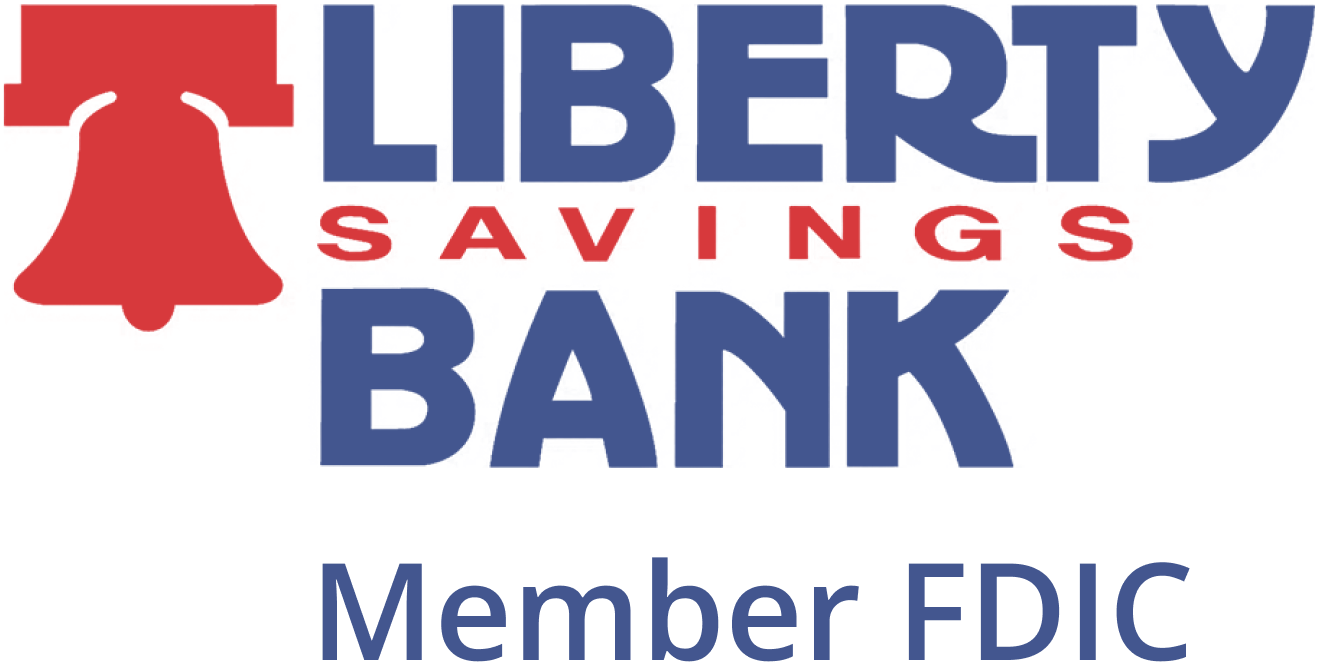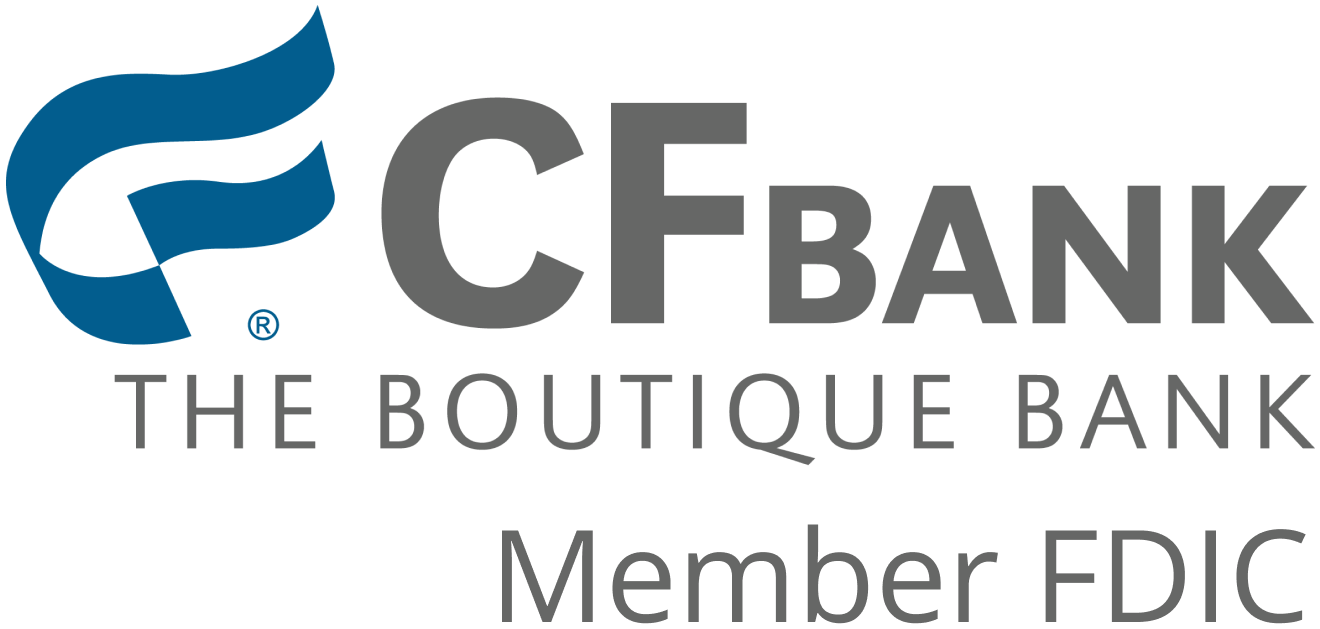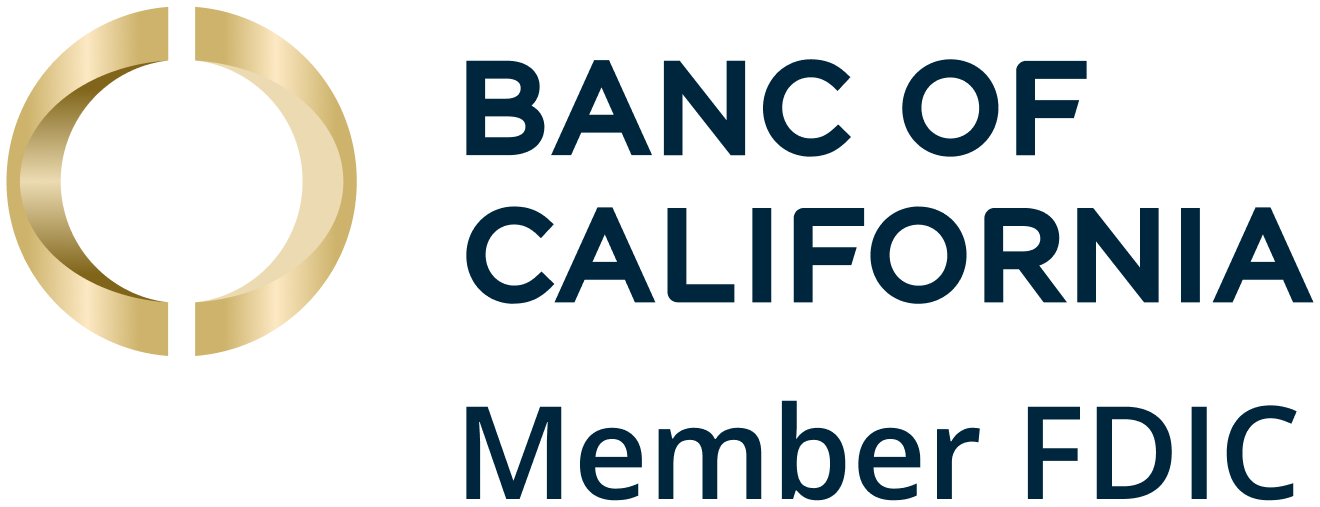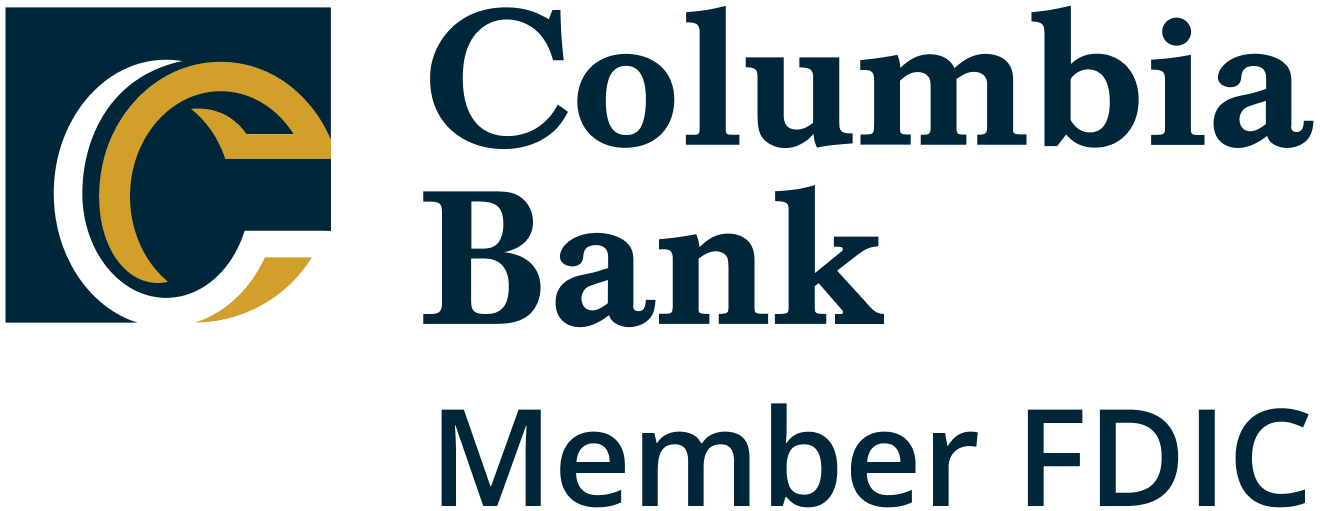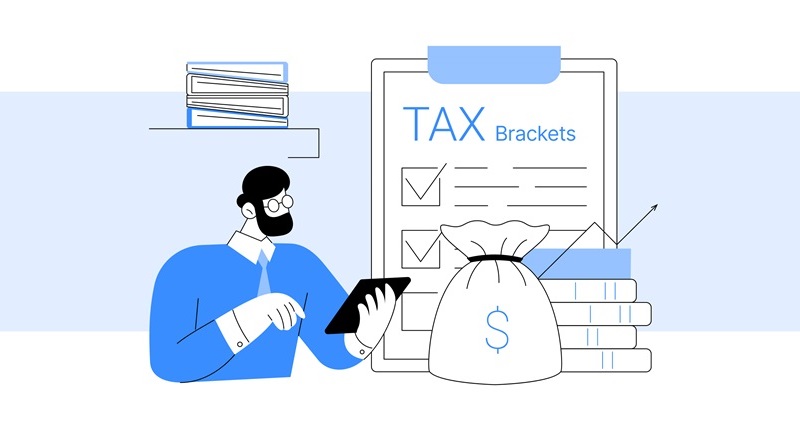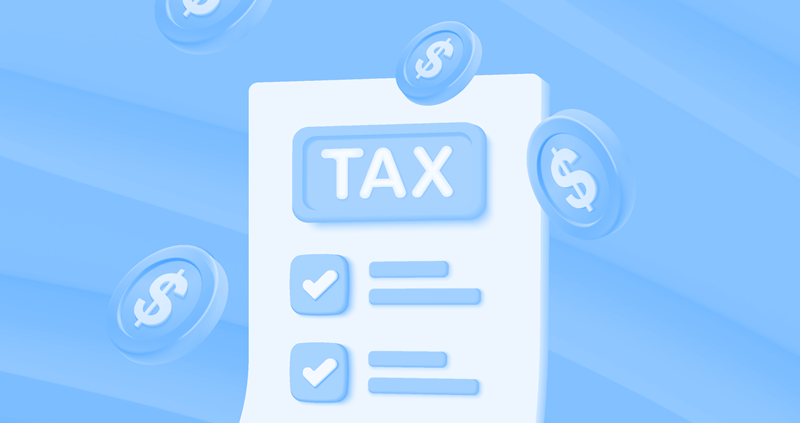How are bonuses taxed?
Bonus tax rates explained
Bonus tax rate: While different withholding methods can apply to bonuses, a common rate is a flat 22% withholding rate (or 37% for any bonus amount above $1M).
Withholding methods: The percentage method, also known as the flat rate method, and the aggregate method are commonly used for tax withholding on bonuses.
Reducing the tax impact: Using the percentage method, deferring the bonus into the next year, and contributing to retirement or savings accounts can help reduce the tax impact of your bonus.
How does the IRS treat bonuses?
The IRS classifies bonus payments as supplemental wages — wages paid to an employee aside from their regular pay.1 Supplemental wages are subject to taxes just like regular wages, but different withholding methods may apply. Essentially, while bonuses are still subject to taxes, they are taxed slightly different from your normal wages.
Not only does the employer have to withhold a portion of your regular paycheck to pay your taxes, but they also have to hold back money from your bonus check, too. So, bonuses are also taxed on your tax return, but the method used to calculate the withholding can greatly impact the amount withheld.
How much your employer withholds from your bonus depends on multiple factors, but generally, the federal income tax withholding for bonuses uses a flat 22% rate for bonuses up to $1M and 37% on amounts exceeding $1M.1 It is also important to note that state income taxes may also apply.
Federal withholding methods
Employers can choose between two withholding methods — the percentage method or the aggregate method.
The percentage method
The percentage method, also known as the flat rate method, makes it easy for employers to calculate taxes on a bonus payment, as they only have to identify the bonus as separate from the employee’s regular wages. Using this method, the withholding bonus tax rate is 22% up to $1M during the tax year or 37% on bonus amounts exceeding $1M.1
Here are some examples of how much bonuses are taxed according to the percentage method:
Example 1
Bonus amount: $15,000
Federal tax withholding: $15,000 x 22% = $3,300 federal income taxes withheld
Remaining bonus: $11,700
Example 2
Bonus amount: $1.7M
Federal tax: $1M x 22% = $220,000$700,000 x 37% = $259,000$220,000 + $259,000 = $479,000 federal income taxes withheld
Remaining bonus: $1,221,000
Note how in the second example, the first $1M is still taxed at 22%, and the amount exceeding $1M (in this case $700,000) is then taxed at 37%.
The aggregate method
The aggregate method is used to calculate how much your bonuses are taxed when employers pay bonuses alongside regular wages. The tax withholding on your bonus is then calculated at your regular income tax rate. Calculating taxes on wages and bonuses together might result in higher withholding amounts, depending on your tax bracket. For example, if you normally withhold 32% of your pay for income taxes, the amount of withholding on your bonus would also be 32%, regardless of the amount of your bonus.
Essentially, bonuses are taxed differently, depending on the method your employer uses. Understanding these two withholding methods can help you make smarter financial decisions. Learn more about taxes with Raisin’s tax guides.
What do payroll taxes and state taxes include?
Employers are responsible for withholding income taxes from their employees paychecks, including state and federal income taxes, Social Security tax, Medicare tax, and federal unemployment tax.2
Income tax refers only to the amount withheld from the employee’s wages for covering their personal federal and state income tax liability.
- Payroll taxes include both the employee’s and the employer’s contribution to Social Security, Medicare, and federal unemployment taxes (FUTA).
Why withholding might feel “too high”
How your bonuses are taxed depends on the withholding method your employer chooses, which can greatly impact your take-home pay. The aggregate method often withholds more upfront and can temporarily put you in a higher federal tax bracket.
However, the taxes withheld are only estimated tax payments and not the final tax owed to the IRS. You’ll know how much your bonuses are actually taxed when you file your tax return. If your taxes are over-withheld, you may get a tax refund. If too little money was withheld, you might owe the IRS.
How to reduce tax impact and keep more of your bonus
Ultimately, the employer chooses the withholding method and is responsible for withholding the correct amount of taxes from your bonus. Although you can’t avoid paying taxes on your bonus payment, there are options to help reduce the tax impact and keep more of your bonus.
Some examples include:
Bonus planning strategies
To lower the amount of taxes withheld upfront from your bonus, consider requesting a separate bonus payment from your regular paycheck. Your employer can then use the flat 22% method (or 37% for portions over $1M) that the IRS allows for supplemental wages.
You might also want to ask your employer if you can defer your bonus if you expect a lower income the next year to keep your tax bracket lower. With this option you’ll still need to pay taxes, but you could save money by paying at a lower tax rate.
Smart take-home use: savings account choices
To make more of your bonus, you might want to consider parking it in a high-yield savings account or certificate of deposit (CD). These savings options tend to offer higher interest rates than traditional savings accounts, meaning you can further grow your bonus without much effort. Or, you might also want to contribute to an emergency fund. These options provide a way to further boost your bonus while maintaining flexibility and access to your money.
The Raisin marketplace gives you access to high-yield savings products to help you maximize your savings potential. Explore account types, compare interest rates, and sign up today to start growing your funds.
Bank
Product
APY
New Raisin Users: 60-Day Rate Lock

opensky, a division of Capital Bank, N.A., Member FDIC
FDIC
High-Yield Savings Account
3.90%
$1,950.00

mph.bank, a division of Liberty Savings Bank, F.S.B., Member FDIC
FDIC
High-Yield Savings Account
3.86%
$1,930.00

mph.bank, a division of Liberty Savings Bank, F.S.B., Member FDIC
FDIC
Money Market Deposit Account
3.76%
$1,880.00

Adda Bank, a division of Southwest Heritage Bank, Member FDIC
FDIC
High-Yield Savings Account
3.50%
$1,750.00

Paprika Capital Bank, a division of Tradition Capital Bank, Member FDIC
FDIC
High-Yield Savings Account
3.45%
$1,725.00

HealthcareBank, a division of Bell Bank, Member FDIC
FDIC
Money Market Deposit Account
3.40%
$1,700.00
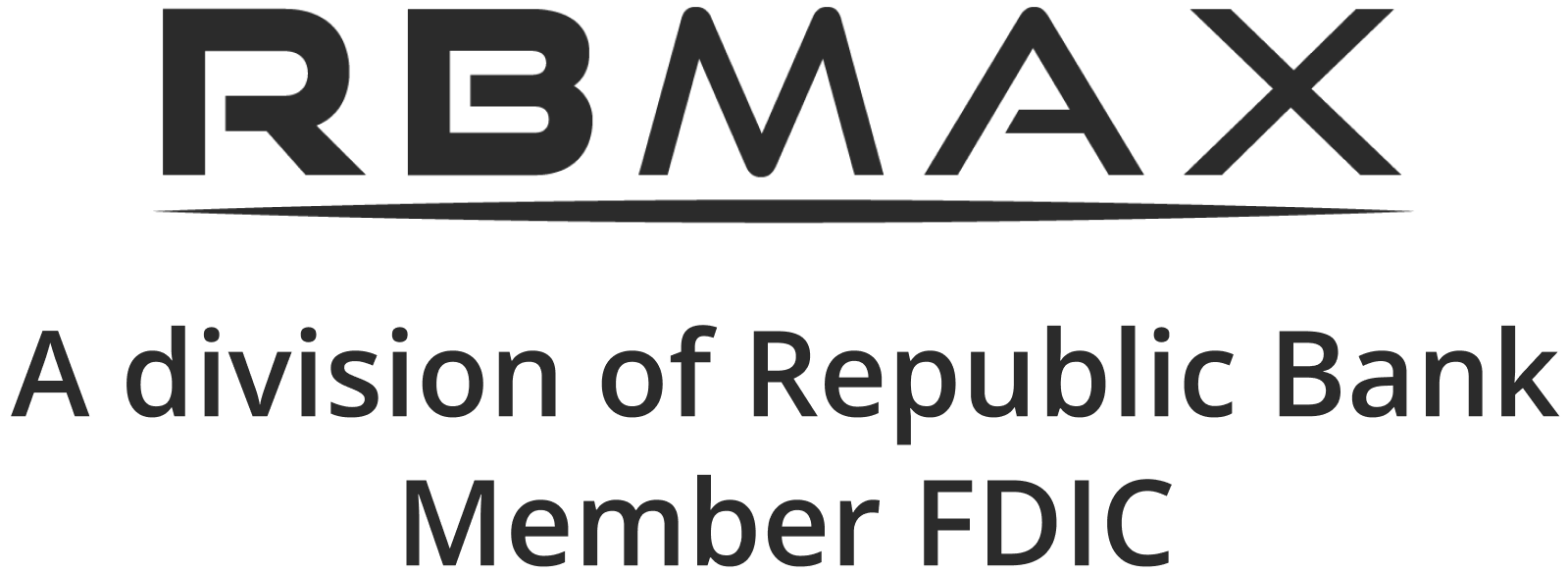
RBMAX, a division of Republic Bank, Member FDIC
FDIC
High-Yield Savings Account
3.15%
$1,575.00
Raisin is not an FDIC-insured bank or NCUA-insured credit union and does not hold any customer funds. FDIC deposit insurance covers the failure of an insured bank and NCUA deposit insurance coverage covers the failure of an insured credit union.
Use your bonus for tax-smart saving moves
If you have a big bonus to set aside, you might want to consider saving it in your retirement funds. Retirement accounts can include pre-tax accounts such as a 401(k) or traditional IRA, which can help reduce your adjusted gross income. You might also want to consider funding a health savings account (HSA) or charitable deductions to shrink your taxable income.
The bottom line
A bonus you receive from your employer is considered a supplemental wage and is therefore subject to taxes like wages. How your bonuses are taxed depends on the withholding method your employer chooses, such as the aggregate method or the percentage method, and can greatly affect your take-home pay.
While you can’t avoid paying taxes on your bonus, you still can take steps to reduce the tax impact and even make your bonus work harder. To boost your bonus even further, you might consider putting it into a high-yield savings account. Explore Raisin’s high-yield savings products and get started saving today!
The above article is intended to provide generalized financial information designed to educate a broad segment of the public; it does not give personalized tax, investment, legal, or other business and professional advice. Before taking any action, you should always seek the assistance of a professional who knows your particular situation for advice on taxes, your investments, the law, or any other business and professional matters that affect you and/or your business.
